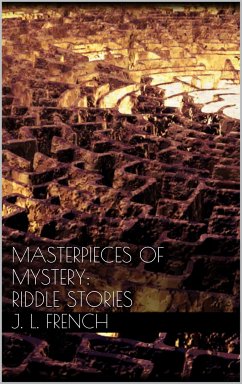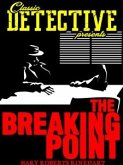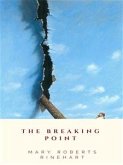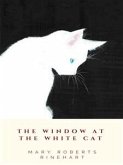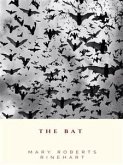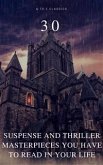A distinguished American writer of fiction said to me lately: "Did you ever think of the vital American way we live? We are always going after mental gymnastics." Now the mystery story is mental gymnastics. By the time the reader has followed a chain of facts through he has exercised his mind,—given himself a mental breather. But the claims of the true mystery story do not end with the general reader. It is entitled to the consideration of the discriminating because it indubitably takes its own place as a gauge of mastery in the field of the short story. The demand was never quite so keen as it is now. The currents of literature as of all things change swiftly these times. This world of ours has become very sophisticated. It has suffered itself to be exploited till there is no external wonder left. Retroactively the demand for mystery, which is the very soul of interest, must find new expression. Thus we turn inward for fresh thrills to the human comedy, and outward to the realm of the supernatural. The riddle story is the most naïve form of the mystery story. It may contain a certain element of the supernatural—be tinged with mysticism—but its motive and the revelation thereof must be frankly materialistic—of the earth, earthy. In this respect it is very closely allied to the detective story. The model riddle story should be utterly mundane in motive—told in direct terms. Here again the genius of that great modern master asserts itself, and in "The Oblong Box" we have an early model of its kind. The stories of this collection cover a wide range and are the choice of reading in several literatures.
Bitte wählen Sie Ihr Anliegen aus.
Rechnungen
Retourenschein anfordern
Bestellstatus
Storno

